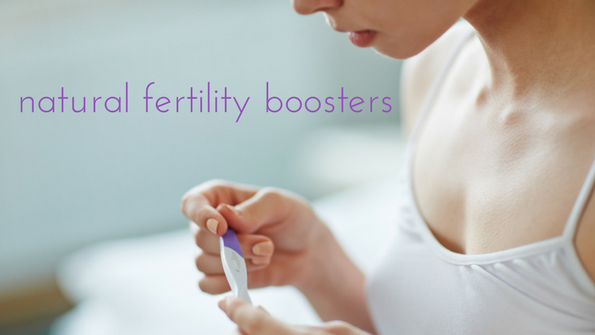5 natural fertility boosters
For some women, all it takes is a month of “trying” to become pregnant. For others, natural fertility is a challenge, and conception may not happen for months, and sometimes years. In fact, 6.1 million American couples (or 10 percent of couples of childbearing age) have had trouble conceiving, according to the American Pregnancy Association.
What makes one couple fertile while another struggles to conceive? One obvious factor is age: More women in the United States are waiting longer to have kids. About 20 percent of women wait until after age 35 to start a family. Fertility naturally starts to decline with age; on average it takes one to two years for a couple over age 35 to conceive.
To help the process along, some women undergo expensive drug-based and surgical fertility treatments, which work only 25 percent of the time. But recent research points to a handful of natural keys to fertility. A healthy diet and daily physical activity top this list. In fact, adopting five or more lifestyle choices—including weight control, physical activity, and proper diet—lowers the risk of ovulation-related infertility by 69 percent, according to the Harvard researchers who authored The Fertility Diet (McGraw-Hill, 2009).
Why? Too much insulin, which is regulated by diet and exercise, overstimulates production of male hormones in the ovaries and blocks the liver’s production of sex hormone-binding globulin (SHBG). Less SHBG gives rise to more free testosterone circulating, and this excess testosterone can stop ovulation by disrupting development of the follicles that house eggs.
Here are experts’ beyond-the-basics suggestions for increasing your fertility. But be patient: “It could take a few months before there could be observable effects on fertility,” says Jorge Chavarro, MD, a coauthor of The Fertility Diet and a nutrition scientist at the Harvard School of Public Health.

